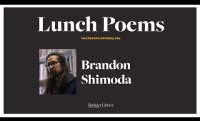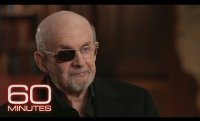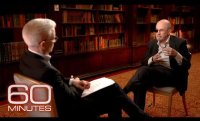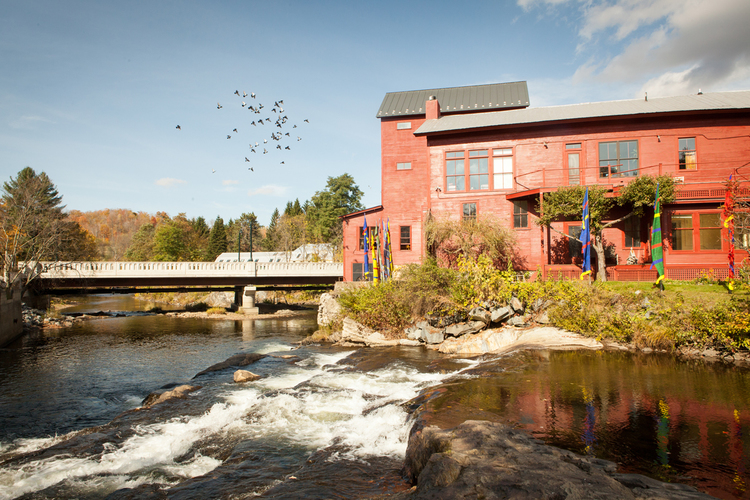Mind Your Manners
The New York City culture and news website Gothamist recently asked New Yorkers about their thoughts on sidewalk etiquette in the crowded, bustling streets of their beloved city. What are the rules, who has the right-of-way, and who should yield? Respondents focused on always walking to the right of the sidewalk and to “move quickly and never stop.” One thoughtful respondent considered the cultural differences of sidewalks used for recreational strolls versus commuting. But the overall consensus was that among nine-to-fivers, tourists, parents with kids, dogwalkers, bicyclists, and groups, seniors deserve the right-of-way. Write an essay about the unwritten rules or etiquette you have observed in your daily surroundings. How have these common practices adapted to fit the needs of different people? Do they evolve over time as social norms change? Consider some of your own experiences with how public etiquette has helped or hindered harmonious community life.










